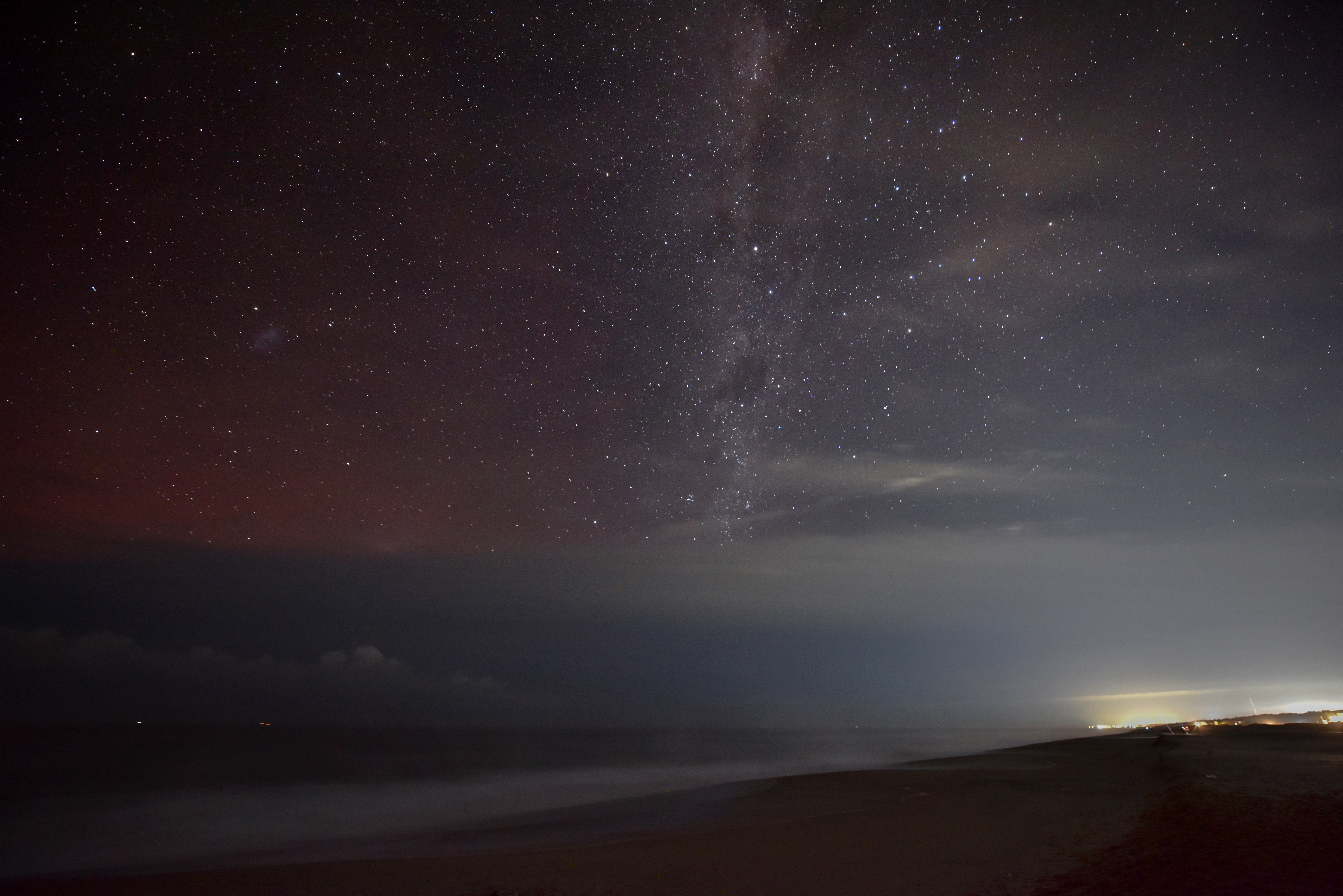Dark energy doesn’t actually exist, scientists say in shock claim that could solve one of the universe’s biggest mysteries

Your support helps us to tell the story
From reproductive rights to climate change to Big Tech, The Independent is on the ground when the story is developing. Whether it's investigating the financials of Elon Musk's pro-Trump PAC or producing our latest documentary, 'The A Word', which shines a light on the American women fighting for reproductive rights, we know how important it is to parse out the facts from the messaging.
At such a critical moment in US history, we need reporters on the ground. Your donation allows us to keep sending journalists to speak to both sides of the story.
The Independent is trusted by Americans across the entire political spectrum. And unlike many other quality news outlets, we choose not to lock Americans out of our reporting and analysis with paywalls. We believe quality journalism should be available to everyone, paid for by those who can afford it.
Your support makes all the difference.Dark energy does not exist, some scientists have claimed – which could help get rid of one of the universe’s biggest mysteries.
For a century, scientists have thought that the universe was expanding in all directions. To make that assumption work, astronomers have used the concept of dark energy.
Dark energy cannot be seen directly and has never been proven. But scientists have suggested that it must exist because of the effect is seemingly exerts on the universe and as it is needed to help resolve some fundamental problems in our understanding of the cosmos.
Now, however, researchers from the University of Canterbury say that the universe is not actually expanding equally in all directions. Instead, it is growing in a “lumpier” way, in more varied directions.
That in turn may do away for the need for dark energy. It instead supports a different model of cosmic expansion that suggests the unusual results seen in the way light stretches are a result not of how the universe is expanding but the way we think about time and distance.
Scientists say that the confusion may be the result of the fact that gravity slows time. Clocks would tick faster in empty space than they would in a busy galaxy, for example.
As such, a clock in the Milky Way would be ticking about 35 per cent slower than one in a big cosmic voice, for instance. Those voids would see billions of years that would not be present in our galaxy – and so have more time to grow and dominate the universe.
“Our findings show that we do not need dark energy to explain why the Universe appears to expand at an accelerating rate,” said David Wiltshire from the University of Canterbury in Christchurch, New Zealand, who led the study.
“Dark energy is a misidentification of variations in the kinetic energy of expansion, which is not uniform in a Universe as lumpy as the one we actually live in.
“The research provides compelling evidence that may resolve some of the key questions around the quirks of our expanding cosmos.
“With new data, the Universe’s biggest mystery could be settled by the end of the decade.”
The research is published in a new paper, ‘Supernovae evidence for foundational change to cosmological models’, in the Monthly Notices of the Royal Astronomical Society Letters.
Join our commenting forum
Join thought-provoking conversations, follow other Independent readers and see their replies
Comments